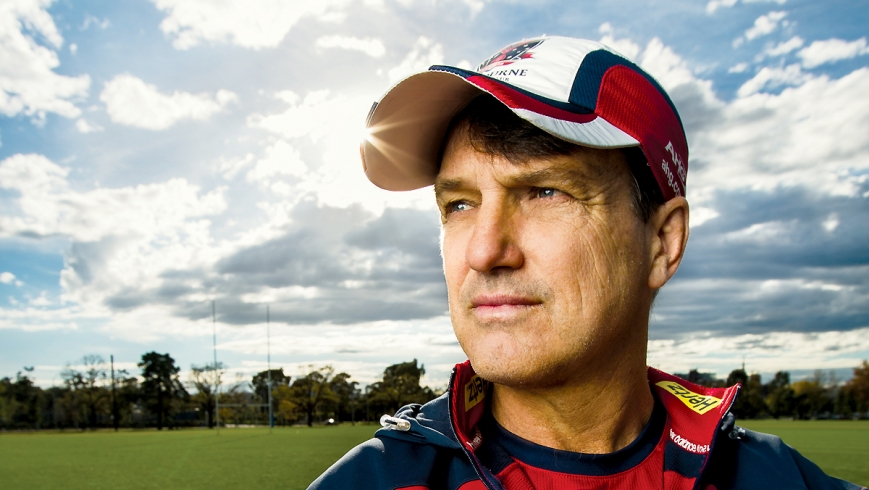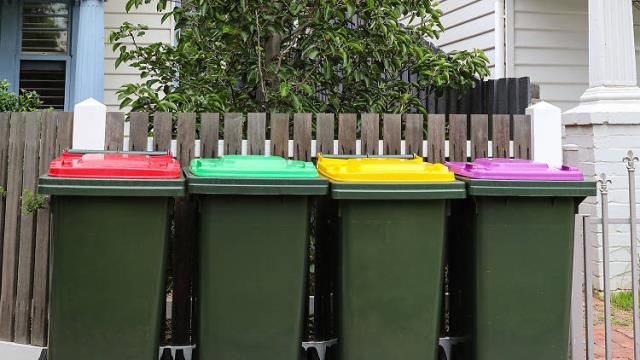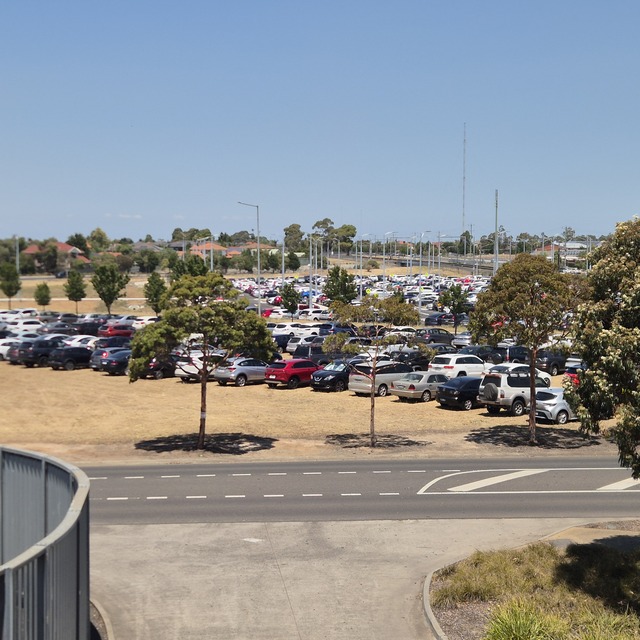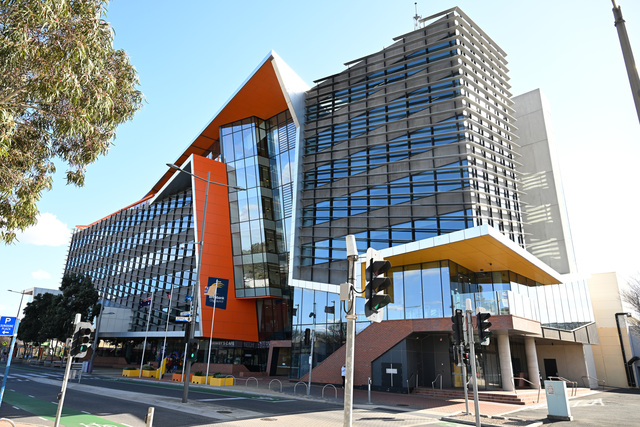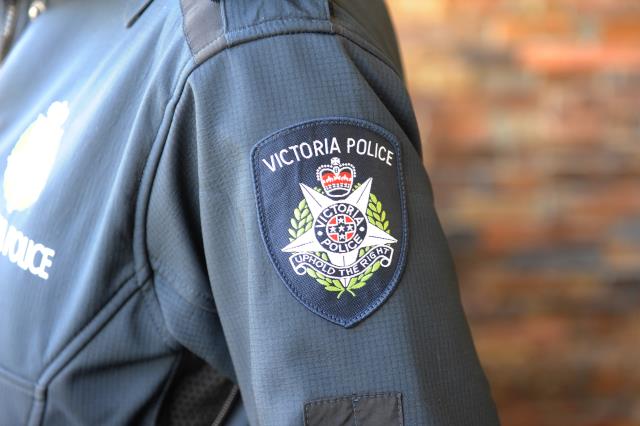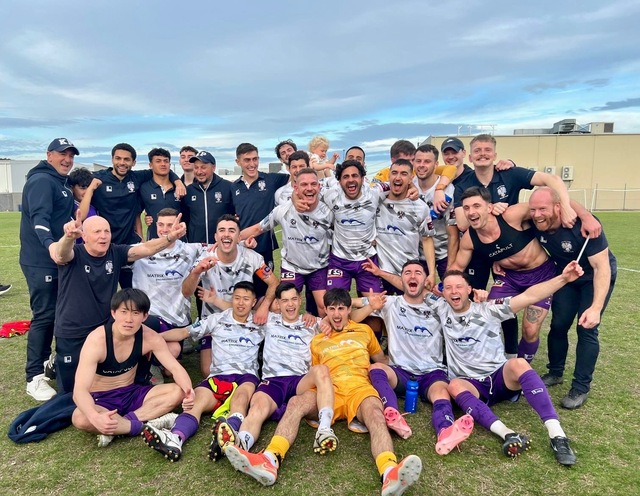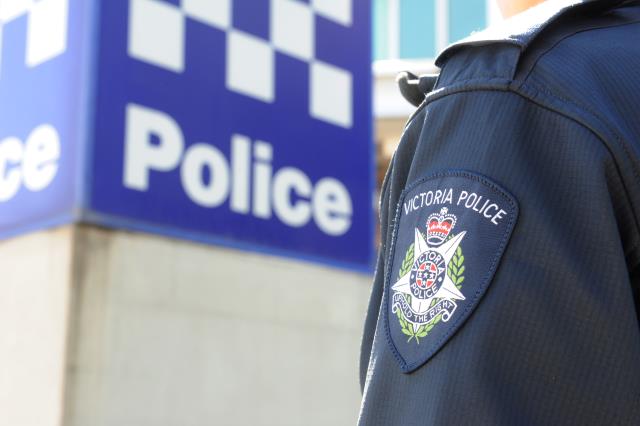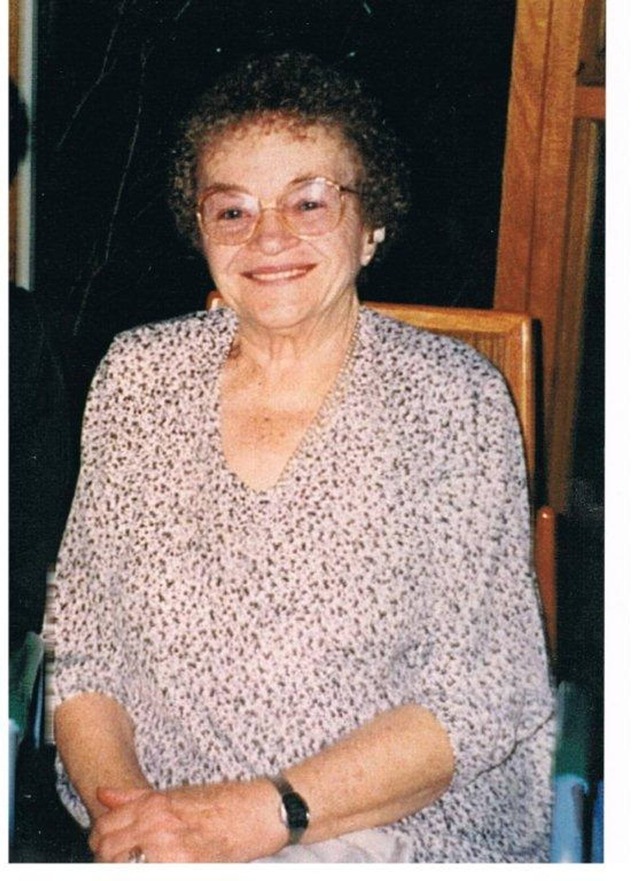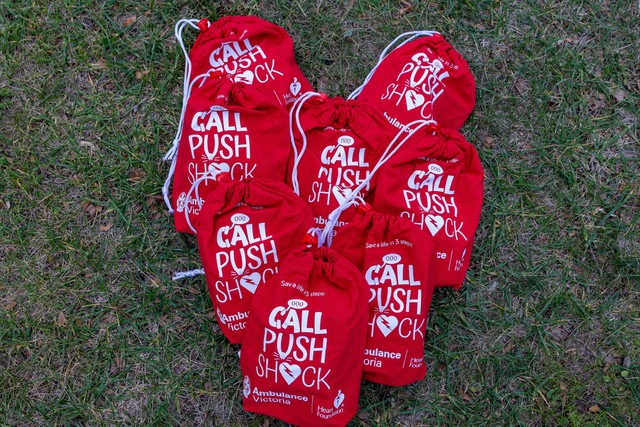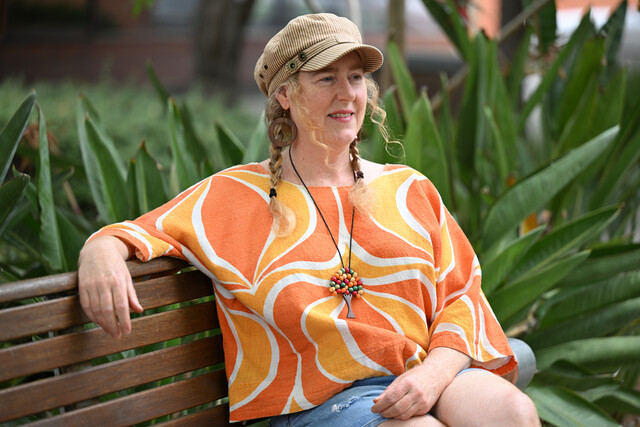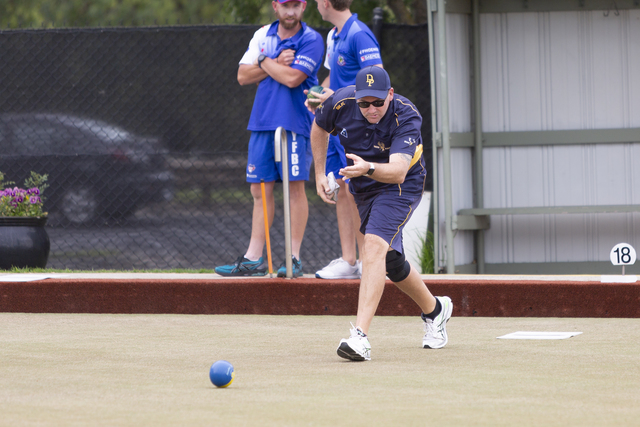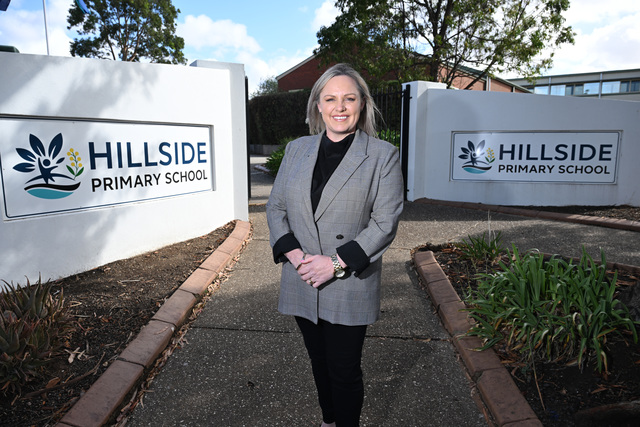There have been many false dawns at the Melbourne Football Club, as any tortured Melbourne supporter will tell you. (It’s not hard to work out who are the tortured supporters: they’re the ones who say “I barrack for Melbourne”.)
Luckily for them, the torture has only been going for most of the past 50 years – since 1964, when the Demons won their last premiership. To put that in context: JFK was shot 10 months earlier. The Beatles stormed Melbourne. Ron Barassi was 28 years old. It’s a long time ago.
Since then, there have been many promises and those false dawns, the arrival of “saviours” – big-name coaches, highly priced players, even cashed-up diamond prospectors – who were to lead the oldest sporting club in the world out of its mire and give some hope to generations of long-suffering Demon supporters.
Not much pressure, then, on new coach Paul Roos.
So it’s reassuring to sit down with Roos on a recent Friday morning and discover that this new dawn – as Melbourne becomes competitive and gets some wins against its name – is in the hands of a thoughtful, well-spoken, arch competitor. Melbourne is being reshaped – even remade – by Roos, and there are a great many supporters who believe the club could not be in better hands.
I ask Roos whether the stereotype of the dissociated, ski-loving Demons supporter is unfair.
“My opinion is that it is,” he says.
“All the people I run into, the supporters, have been terrifically supportive.”
“[They say] ‘We’ll be there again Saturday, well done, you’re going in the right direction’. They are incredibly resilient. It’s hard for me not to carry the frustration, but I have to put that aside a bit and say, ‘Well, I’ve only been here for eight months’.”
After a brilliant playing career at Fitzroy and then the Sydney Swans, Roos coached the Swans from 2002 and, in 2005, took them to their first premiership in 72 years. When he left the Swans in 2010, he vowed his days of coaching senior football were over. Instead he signed up as head coach of the Sydney Swans Academy, developing youngsters for AFL footy, and took on a couple of media commitments – writing a column for News Corp Australia papers and joining the Fox Sports AFL commentary team.
But last year Melbourne came knocking in the form of Demons chief executive Peter Jackson. After much negotiation, Roos and Melbourne agreed he would coach for two years, with an option of a third, and help the club organise a smooth succession plan.
“It was probably a four-month process,” Roos says. “I’d spoken to a number of clubs over the past three years and it was always, ‘No’. So it was the same conversation with Peter. It just wasn’t in my thinking. When I finished with Sydney I never thought I’d coach again. So when you put it completely out of your mind and someone comes to you, you don’t even think about doing it.”
But when Jackson got in touch again, Roos’ contract with the Swans Academy was nearing an end. “My contract was up with Sydney and I went and spoke with them, expecting I’d stay with the club and do some more with the academy. When I realised that wasn’t going to happen, you think, ‘Well, if that’s not going to happen, what are you going to do?’
“Then Peter said would I be interested in a succession [plan] – ‘Obviously you don’t see yourself coming back in the long term’. We talked about the succession and how that might look.”
The idea appealed, so Roos met the players and signed, starting as coach in September.
Why didn’t he want to come back to coaching?
“It was circumstances. I was a Sydney player, then I got the [coaching] job at Sydney and [I thought], ‘I’ll coach this football club and I won’t coach any other’.
“I had no plans to do it. It was completely out of my mind.”
Not restless to come back? “No, not in the slightest.”
How did he feel about returning to coaching at a club that had endured a series of body blows?
“Peter was really honest and I knew a fair bit about the club. It’s not like there were too many surprises. What I did feel was that Peter had made the right changes internally and the club structurally was very good. I felt the next stage was to get the football department right.
“There were a lot of things to do – can I get them right over a two or three-year period and then hand it over to someone in a really healthy state? That was the way I approached it.”
That healthy state is becoming more obvious each week. The day after our interview, the Demons beat Richmond and, in their next game, were 10 points ahead in the final quarter against league leader Port Adelaide. The low-scoring Queens Birthday match against Collingwood, in which Melbourne kicked just three goals in front of a large and expectant crowd, was no step forward, but at least it showed that the Demons are hard to score against.
Has Roos changed his mind about his limited tenure given this progress? “I’m really enjoying it and I probably have more of an attachment to the club than I felt I would have, which is good. But the fact that there’s some sort of end point probably makes it a bit easier to do what I’m doing. Sometimes an endless position can seem, ‘Where are we heading and what am I doing’ and all those sorts of things.”
Roos is widely acknowledged as an inspirational and effective leader. Last year, he was invited to take part in Monash University’s Leadership Series, in which America’s Cup hero John Bertrand interviewed Australia’s finest leaders from politics, commerce, science, sport and the military, in a line-up that included Bob Hawke and Fiona Wood.
“In my opinion, if you want to be a good organisation, you have to have a set of standards, and everyone has to adhere to those standards,” Roos told Bertrand.
“Every single day is like driving a bus. Sometimes you go down the wrong road. You’ve got to pull up and you’ve got to go down the other road.”
It was an insight into how Roos would start to reshape Melbourne just a couple of months later. “Get the people first and then work out what the best roles are and then work out what expertise we haven’t got,” he told Bertrand. “Your whole job revolves around communication. You’ve got to know your staff intimately. Coaching is all about psychology. Leadership is all about psychology. You’ve got to have an understanding of your staff and your players.”
The scale of the job at Melbourne has surely put Roos’ leadership nous to the test. He has said that when he arrived at the club he found a pretty lost group.
“Without being too unkind, we weren’t playing AFL football, so it’s been a big, big jump to get to where we are now. The type of football and the type of running just weren’t going to win games. Players just weren’t working hard enough to win. There are minimum standards required to play AFL football and our guys weren’t even at the minimum standard. We’ve probably just arrived at that point now.
“It took a long time for them to understand what was required and I think they’ve now got a greater understanding of what they need to do to win games of football.
“They’re a good group, they get on well, they’re coachable, so we haven’t had to do a lot of work on that. Most of the stuff is professional standards, game day and game style.”
One of Roos’ first jobs was to change the players’ mindset and build their confidence. “It’s been a staged process. The first stage is to come in and wrap an arm around them, work with them. Just embrace them and teach them and treat them all as human beings and treat them all as equals. That was the first stage. The next stage is probably being competitive … helping them feel like they can win. It’s a big jump from where they’ve been to where we need to get to.”
“I said, ‘I want, by round six or seven, Melbourne fans coming to the game and knowing the brand and the style of footy we want to play’ and that’s starting to take shape. I was really disappointed with the West Coast game [round two], losing by 93 points, and probably the Giants game [round three]. But at least we’ve established some sort of brand and consistency. The next level is players believing that they can win. It’s about players believing in coaches and in each other.”
Roos, 50, grew up in Donvale in Melbourne’s east, so moving back to Melbourne from Sydney wasn’t a wrench (he has settled in the bayside area). Son Tyler, 18, plays for the Sandringham Dragons in the TAC Cup and Dylan, 19, is completing a sports management course in Sydney.
Roos has been married for 22 years to Tami, a Californian he met in the US. “Everything that I do is with the family and for the family. The decision to coach Melbourne was a family decision, as was the decision to coach Sydney.”
Did Tami take some time to get used to AFL football?
“She’s very sporty – Americans generally are very sporty.”
“When she first arrived in Melbourne, [former Fitzroy teammate] Gary Pert had done a knee, so he was out for 12 months. Perty sat next to her pretty much every week and explained the game to her, so that really helped.”
Away from football, his time is spent with family. “When you’ve got two boys who are growing up, their passions become my passions. Their passions were football and basketball and that’s exactly what I did growing up. There’s been a lot of time spent kicking the footy with them and shooting baskets and hanging out with the family. My life’s family, travel and football.”
It was while coaching Tyler’s under-16s footy side in Sydney that Roos hit the headlines in 2011 for running onto the ground after one of his players was felled 30 metres from the ball. Roos, who was upbraided by the opposition runner after asking which boy had done it, escaped penalty and says he has no regrets about the incident. “My responsibility is to a 15-year-old boy who can’t move,” he said at the time. “Someone has to get out there. I’d do it again if I have to.’’
It’s the sort of passion and sense of responsibility that drives Roos still, as he tackles one of the most scrutinised jobs in Australian Rules football. Eight months in, was it the right decision to take on the Demons?
“There was some fear,” he says. “I was honest with Peter and [club president] Glen Bartlett … because it was a big gamble from my point of view and, in some regard, from the Melbourne point of view. I didn’t want to get to the middle of November and think, ‘What the hell am I doing here?’. I didn’t, which was good.”
In the future, a return to the media could be on the cards.
“I really enjoy it. It’s a great industry to be part of.”
Meanwhile he’s got a devil of a job ahead of him.

